Our offer
Our offer
Our offer
Discover our complete range of services and information designed to support you in your experience with prostate cancer.
Inform, educate, support and refer to the best resources, Quebecers affected by prostate cancer, their caregivers and their families throughout their journey Reaching the 18 Quebecers who are diagnosed with prostate cancer each day remains one of our top priorities. There are several good reasons to use PROCURE’s support services, just as there are good reasons to remain hopeful.
Our healthcare professionals specialized in uro-oncology
Have you been diagnosed with prostate cancer or have concerns about it? Talk to one of our healthcare professionals who will take the time to listen to you and provide informed answers. This service is available by appointment by phone or email; it is free and confidential.
Our webisite
PROCURE’s website is a preferred reference for prostate cancer. Available in French and English, our website procure.ca contains detailed information about the disease and its treatments, as well as the resources available to you.
Our information webinars
Every year, PROCURE organizes free webinars led by specialists to inform men with prostate cancer, raise awareness among the public and healthcare professionals. You can attend or watch them from the comfort of your home, in the language of your choice.
Our podcasts
Listen to our podcasts with special guests or experts the comfort of your home, you car or while walking.
Our short animated videos and videos
Feel free to visit PROCURE’s YouTube channel to watch our animated capsules, expert opinion videos, webinars, tips capsules, etc., all from the comfort of your home.
Our blog articles
Confused by medical jargon? You and your loved ones will find articles published every month in our blog section on various topics related to prostate cancer, all in clear and understandable language.
Our newsletters
Our newsletter keeps you informed about upcoming webinars, activities of our biobank, research progress, not to mention our events and services. Sign up for our newsletter. It’s easy and free.
Our publications to better inform you
Our publications are free and available in French or English. To obtain copies, contact us by phone or email. Prostate Cancer – Understanding the disease and its treatments, an extraordinary source of information by two leading figures in the fight against prostate cancer, this 215-page book is free and available on request.
Other pages that might interest you
Additional Information - Support for you
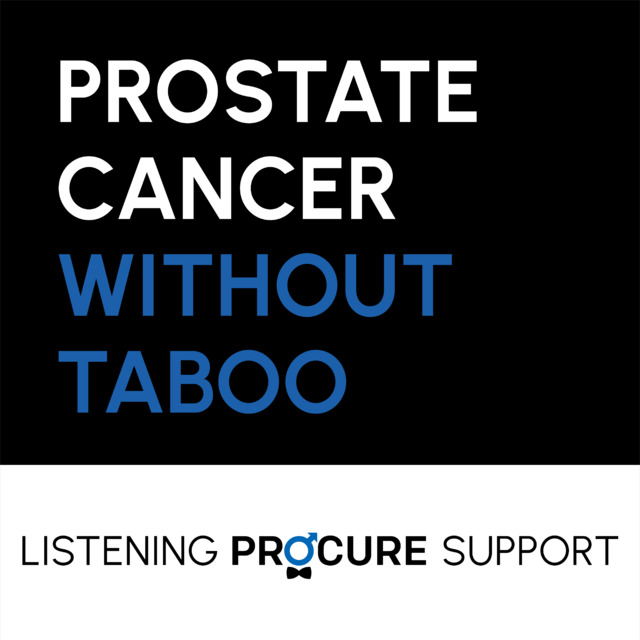
Urologist’s advice: Treatments and information on prostate cancer
Learn more about the role of the urologist and the importance for a patient to gather adequate information after receiving a prostate cancer diagnosis.
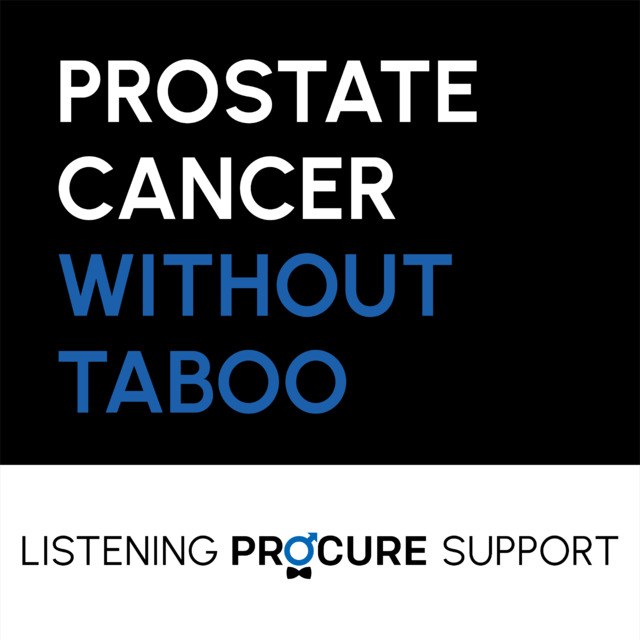
How I coped with prostate cancer
A man with prostate cancer shares the challenges of his cancer experience.
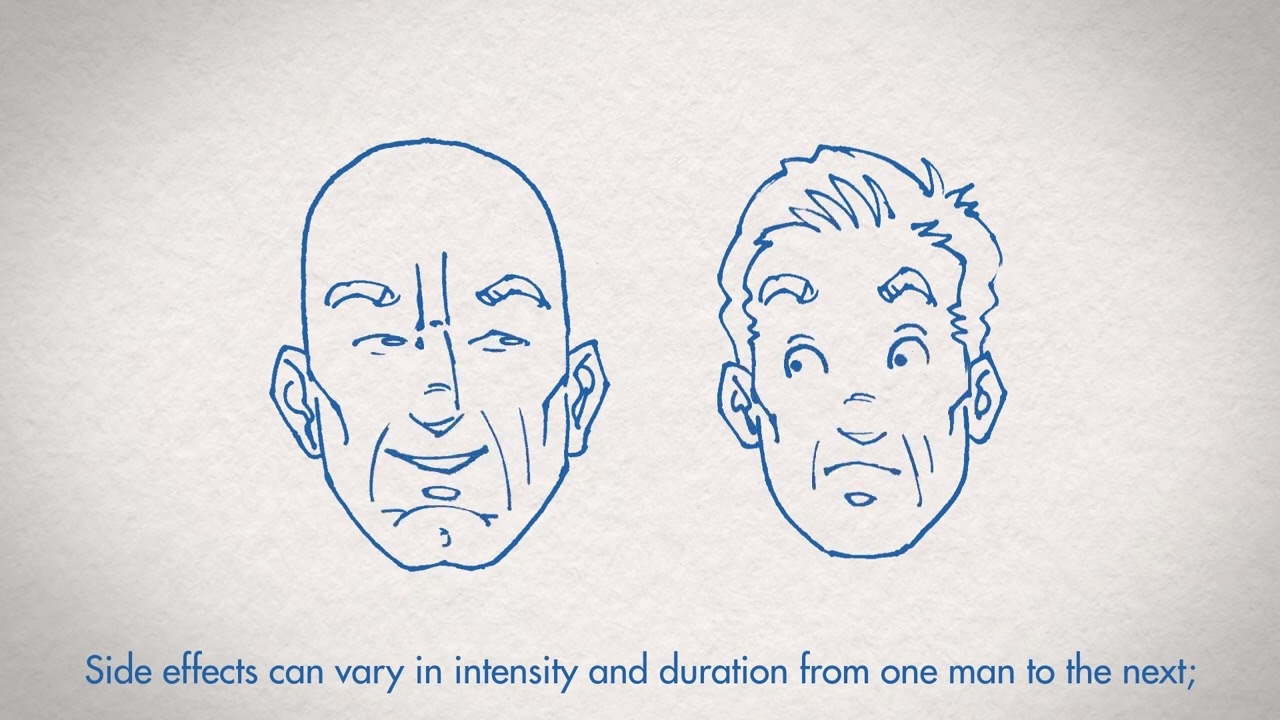
Your role as a patient
You’ve been diagnosed with prostate cancer? Your role is as important as that of your medical team.
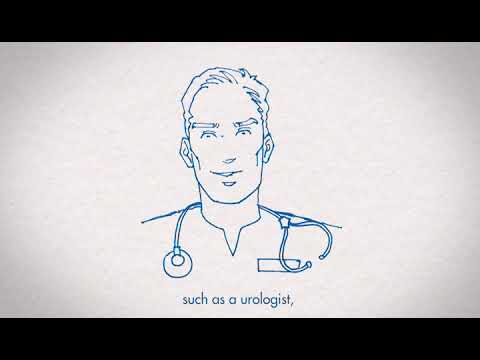
Diagnosis and treatment
Recently diagnosed with cancer? Educate yourself to fully understand your situation.
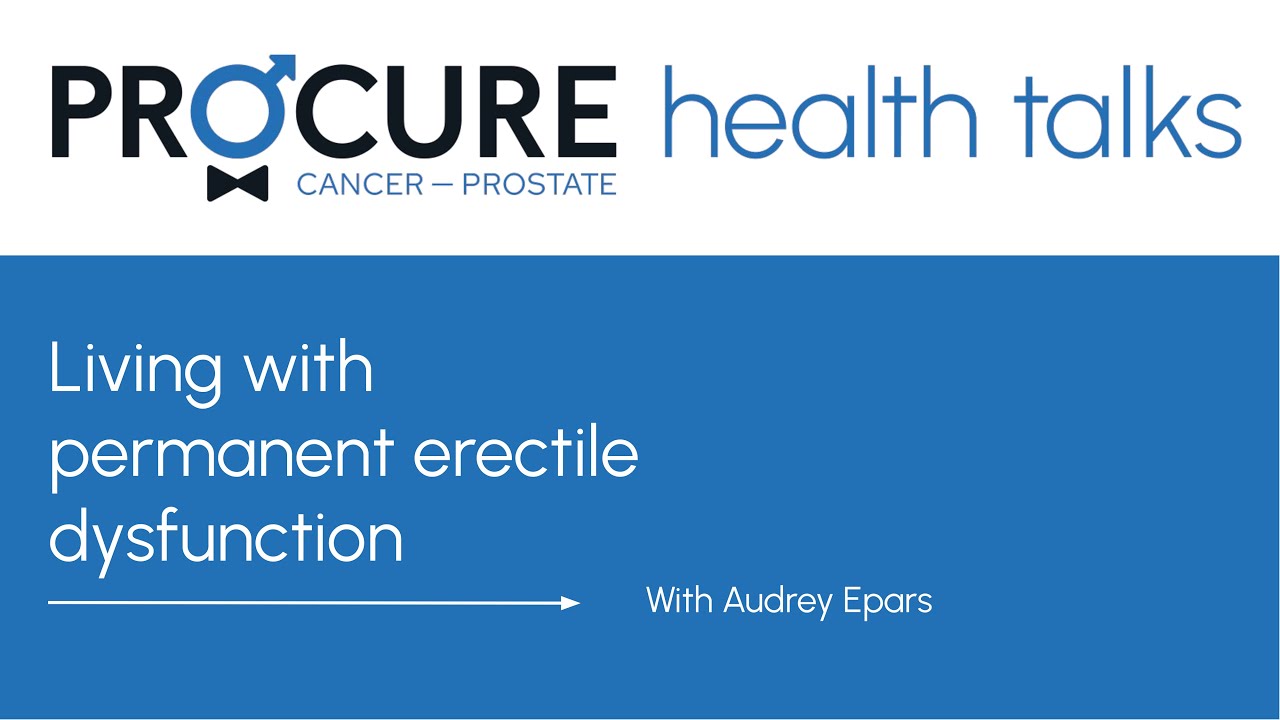
Living with permanent erectile dysfunction
Managing permanent ED after prostate cancer is delicate. Discover strategies to cope with it.
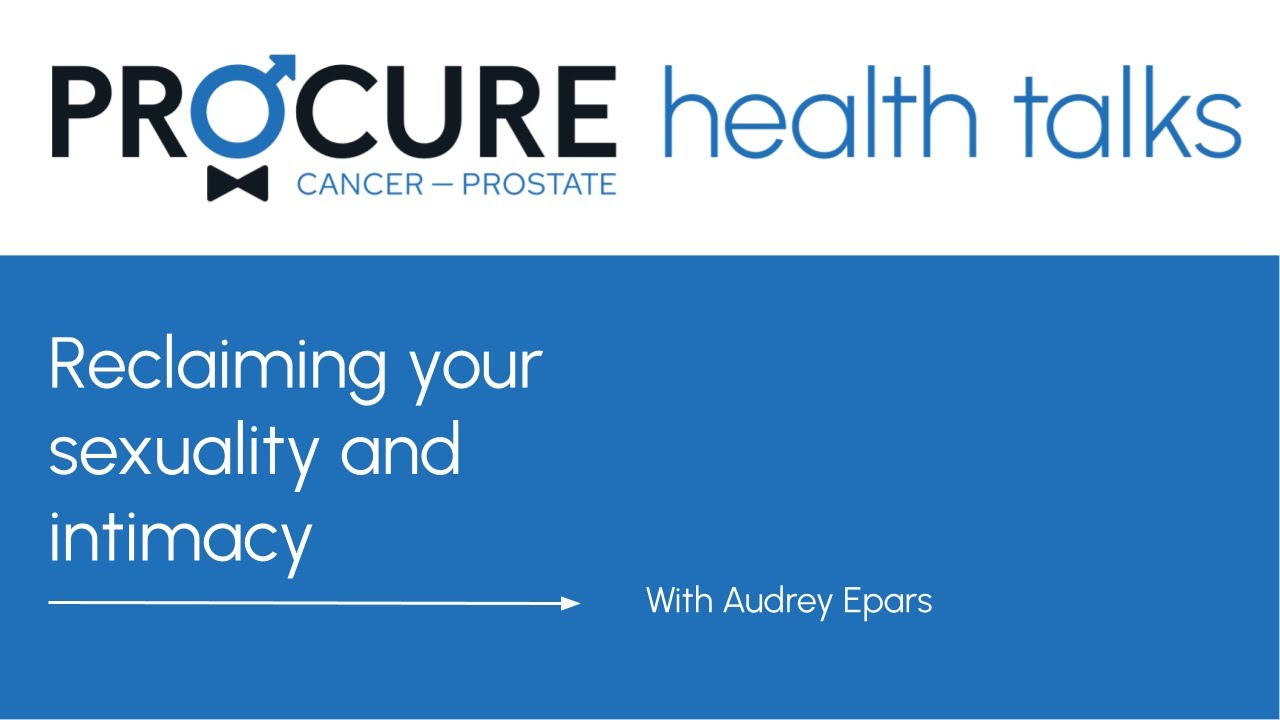
Temporary erectile dysfonction due to treatement
Watch this webinar for advice on regaining your sexuality and redefining intimacy and self-image after prostate cancer treatment.
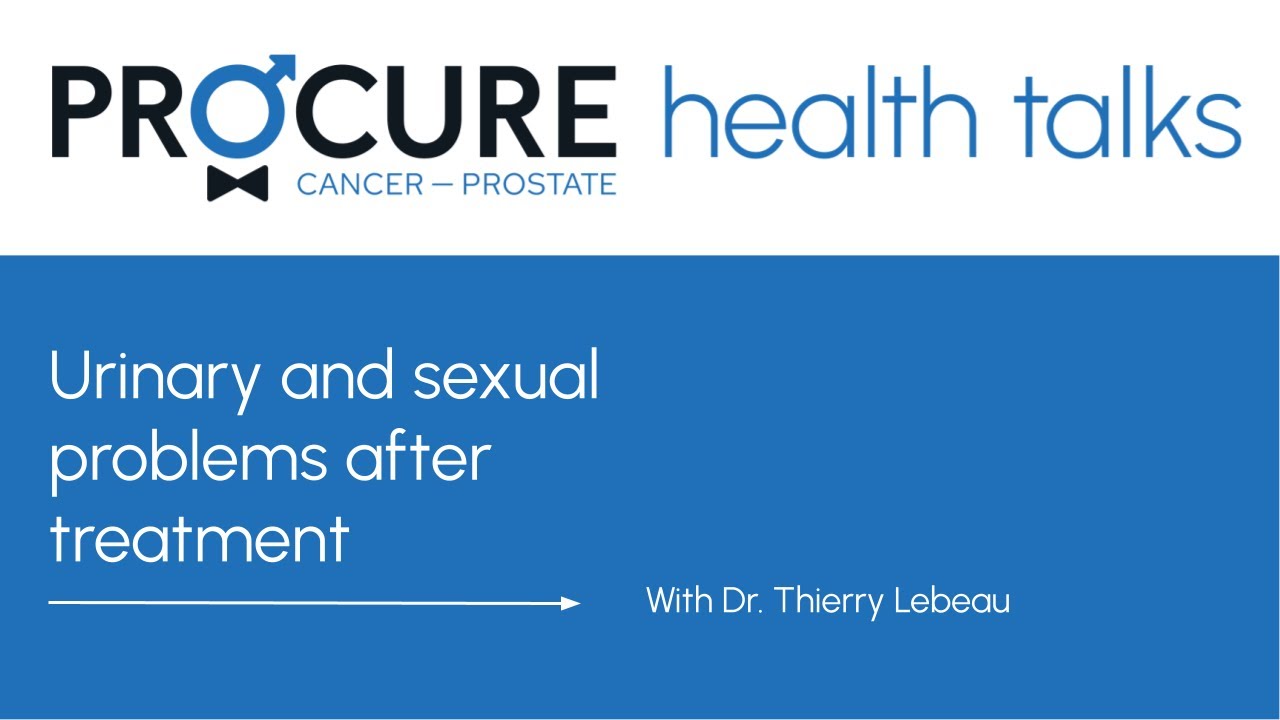
Urinary and sexual problems after treatment
Prostate cancer treatments can lead to side effects, such as erectile dysfunction and urinary incontinence, which vary in intensity and duration.
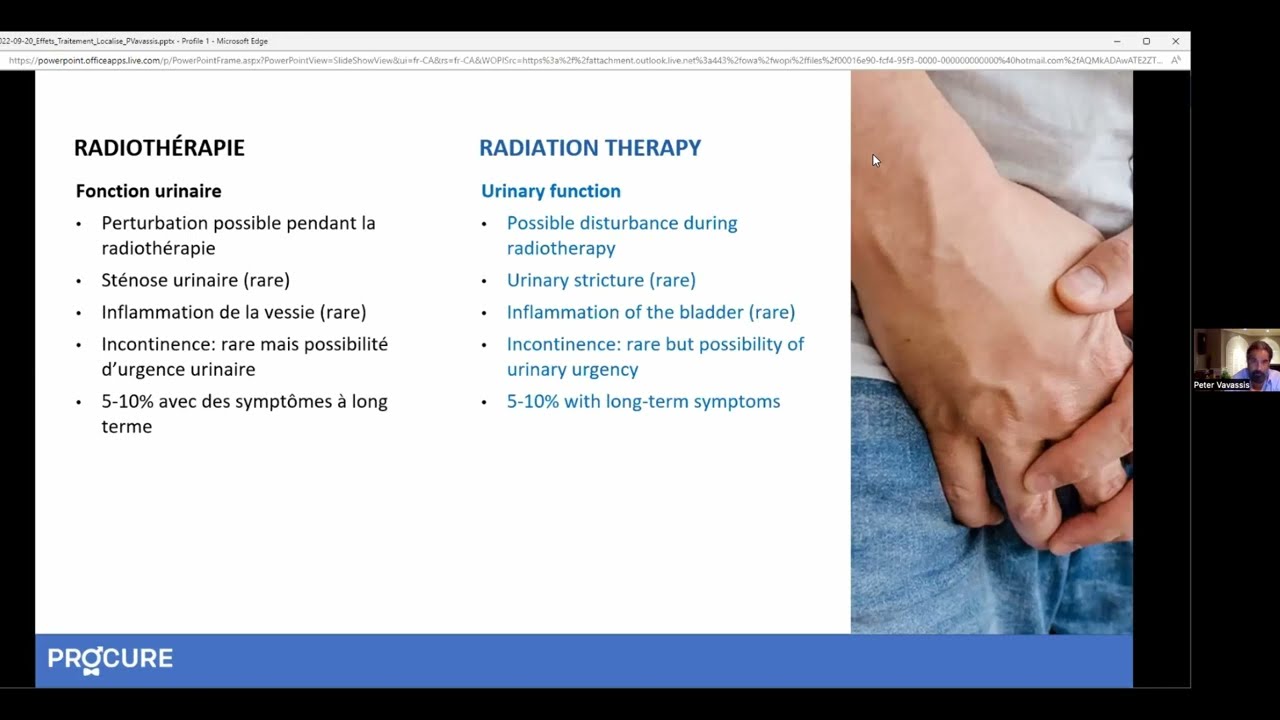
Urinary, sexual or intestinal problems
This webinar offers guidance on managing urinary, erectile, and intestinal functions after prostate cancer treatment.

Living Fully, Drinking Moderately
Benefits of Drinking Less and Flavourful Recipes to Guide You Are you aiming for a healthy start to the year by reducing or completely abstaining from alcohol? It can be challenging, especially when many of our social activities revolve around drinking, such as “Happy Hours” or going to a bar with friends for a sporting […]

Rediscovering Well-being After Treatments
After completing treatments, people often feel a mix of concern and relief. The main focus during this transition is rediscovering well-being.

Do you have a curved penis?
Is your penis curved? Does it curve to the left, right, upward, or downward? You have a curved penis and you or your partner want to know why?

Orgasm without erection?
It is entirely possible for a man to achieve orgasm without an erection or penetration and there are several ways to achieve this.

Simple and easy-to-make healthy recipes
Regardless of the season, why not take the opportunity to cook simple and easy-to-make healthy recipes that are rich in nutrients beneficial for your heart and prostate?!

Fresh start with new habits
We don’t have to wait until January 1st to make a fresh start and adopt new habits. This decision can be made at any time during our life.

Does warm milk help you sleep better?
Can a glass of warm milk help you sleep better in the arms of Morpheus? The Rumor Detector wondered if the research has confirmed this.

I am a little bit diabetic
My doctor informed me that I am a little bit diabetic and that I will have to make important changes to my lifestyle.

Caring for your bones in 5 points
Nicknamed “the silent thief” due to the absence of symptoms, osteoporosis is often only detected at a more advanced stage following a fracture.
Sources and references
Last medical and editorial review: April 2024. See our web page validation committee and our collaborators by clicking here.



